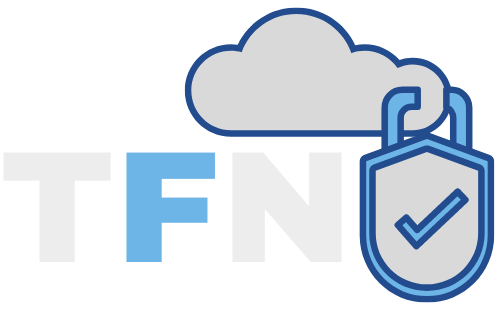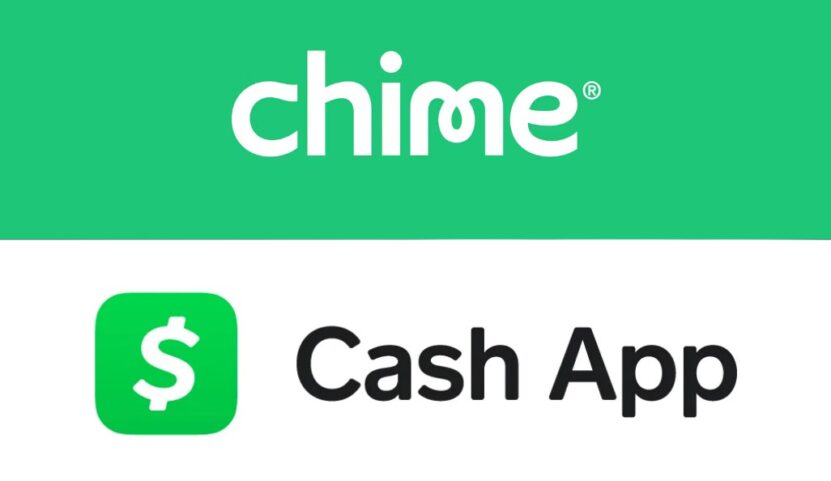In the digital age, where convenience and speed are paramount, online banking platforms like Chime and Cash App have become household names.
With over 80 million users combined, these two giants in the fintech world offer unique services and features that appeal to a broad user base.
Today, I will discuss the differences between Chime and Cash App, providing valuable insights into their offerings, benefits, and drawbacks.
Key highlights:
- Comparison of Services: Readers will learn about the distinct services and features of Chime and Cash App, including Chime’s high-yield savings and credit-building options versus Cash App’s investment opportunities and business accounts.
- Target Audiences: The blog post highlights how Chime caters to individuals focused on savings and credit score improvement, while Cash App appeals to a broader audience, including investors and business owners.
- Pros and Cons: A concise comparison of the advantages and disadvantages of both Chime and Cash App, helping readers understand which platform might suit their needs better.
- Customer Experience Insights: Insights into the mixed customer reviews for both platforms on Trustpilot, emphasizing the importance of personal preferences and needs in choosing a digital banking service.
- Future Trends and Choices: An overview of potential future innovations in fintech by Chime and Cash App and guidance on how to choose the right platform based on individual financial goals and needs.
Chime: An Overview
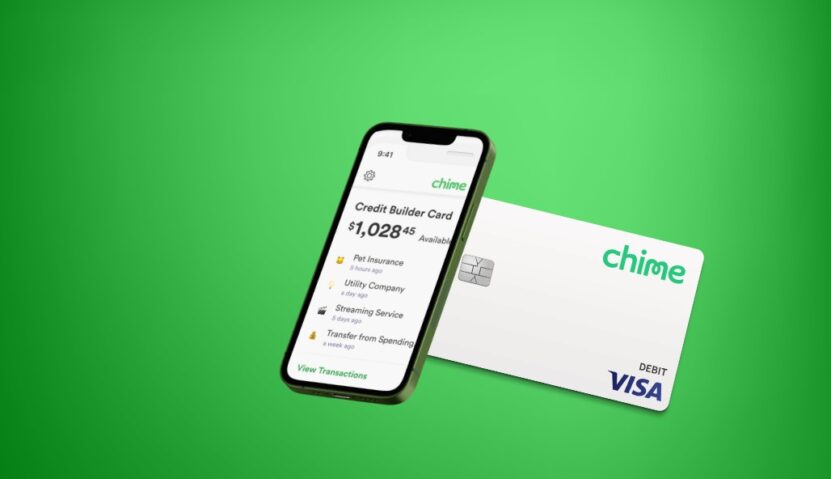
Chime, with its 14 million customers, positions itself as a user-friendly online banking service.
Not holding a banking license, it partners with financial institutions to offer its services. The hallmark of Chime is its high-yield savings account, boasting a 2.00% APY.
This is a standout feature for those looking to grow their savings efficiently.
Another notable offering is the Chime Credit Builder Card, designed to improve users’ credit ratings.
This feature is particularly beneficial for individuals looking to build or repair their credit history.
- High-Yield Savings Account: The 2.00% APY is competitive, making it a lucrative option for savers.
- Credit Builder Card: A unique tool for improving credit scores.
- FDIC Insurance: Provides peace of mind with insured deposits.
- No Monthly Fees: Makes it an affordable option for many users.
- No Investment Platform: Limits options for users looking to invest.
- Customer Reviews: Mixed reviews on Trustpilot indicate varied user experiences.
Cash App: An Overview
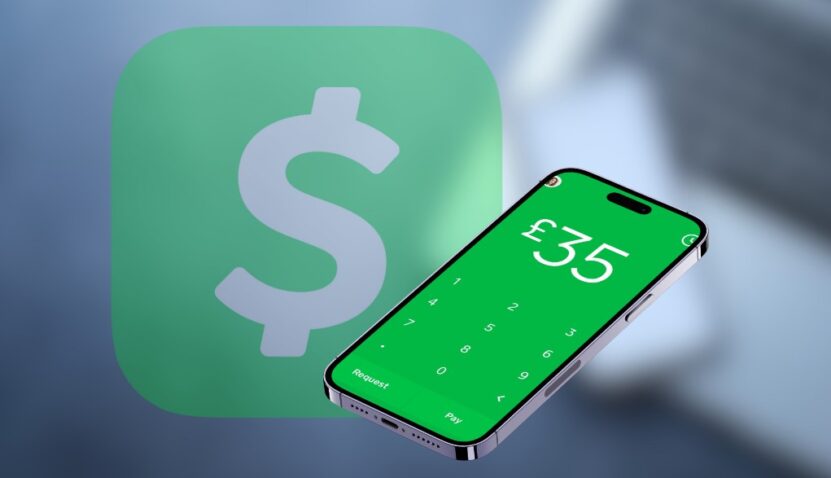
With a massive user base of over 70 million, Cash App offers a diverse range of services, including the ability to invest in stocks and Bitcoin.
This feature caters to the growing interest in cryptocurrency and stock market investments among the general public.
Cash App also provides business accounts, expanding its appeal to entrepreneurs and small business owners.
The Cash Card, a customizable debit card linked to the Cash App balance, is a convenient feature for making purchases.
- Investment Options: Allows users to invest in stocks and Bitcoin.
- Business Accounts: Serves the needs of business owners.
- Cash Card: Enhances shopping convenience.
- FDIC Insurance and Overdraft Protection: Adds an extra layer of security.
- No High-Yield Savings: Lacks the lucrative savings option that Chime offers.
- Customer Reviews: As with Chime, experiences vary among users.
Comparative Analysis
Services and Features
| Feature | Chime | Cash App |
| Savings Account | High-Yield (2.00% APY) | None |
| Credit/Debit Card | Credit Builder Card | Cash Card |
| Investment Options | None | Stocks and Bitcoin |
| Business Accounts | Not Available | Available |
| Monthly/Annual Fees | None | None |
| FDIC Insurance | Yes | Yes |
| Overdraft Protection | Available | Available |
| User Base | 14 million | 70 million |
| Valuation | $25 billion | Not specified |
Customer Experience
While both platforms boast substantial user bases, their presence on platforms like Trustpilot tells a different story.
Both have mixed reviews, indicating that while many users find their services beneficial, others have faced challenges.
This aspect underscores the importance of individual needs and preferences when choosing between these platforms.
Target Audience
Chime’s high-yield savings and credit-building options seem tailored toward individuals focused on saving and improving their credit scores.
On the other hand, Cash App, with its investment options and business accounts, caters to a more diverse group, including investors and business owners.
Alternative Options
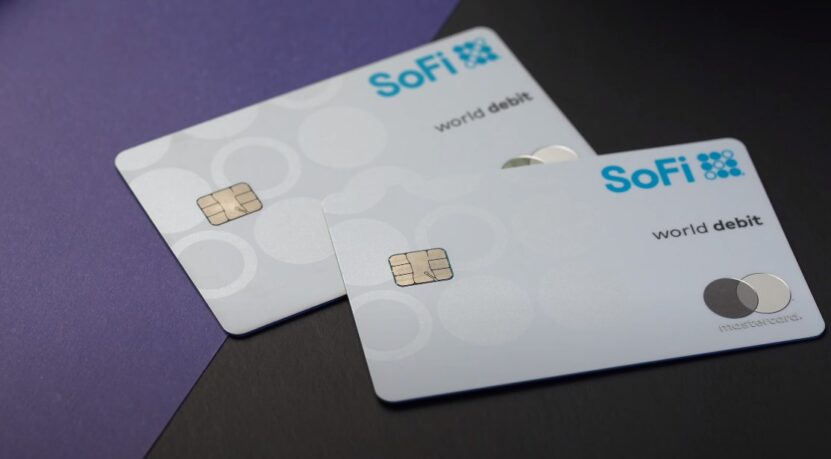
While Chime and Cash App are prominent players, several other digital banks like Axos Bank, MoneyLion, SoFi, and Varo Bank offer varied services that might suit different needs.
These alternatives come with their own set of features, advantages, and limitations.
What Future Holds for Fintech: Chime and Cash App’s Role
The fintech industry is rapidly evolving, and both Chime and Cash App are at the forefront of this transformation.
With technology advancing, we can anticipate more innovative features from both platforms.
Chime might expand its services beyond savings and credit building, possibly venturing into investment options to compete with Cash App.
Conversely, Cash App could enhance its savings features, providing more competitive options akin to Chime’s high-yield savings.
Adaptation to User Needs
Both Chime and Cash App have shown adaptability to user demands. This trend is likely to continue as they evolve.
The platforms might introduce more personalized financial services, enhanced security features, and improved customer support, addressing some of the mixed reviews seen on platforms like Trustpilot.
Making the Right Choice

When deciding between Chime and Cash App, consider your financial goals and needs. Are you looking to build your savings or your credit score?
Chime could be more suitable. If you’re interested in investments or require a business account, Cash App might be the better choice.
Also, consider factors like user interface, customer service, and the overall reliability of the platform.
Personal Finance Management
Both platforms offer tools to manage personal finances effectively. Utilizing these tools can lead to better financial health and smarter money management.
Whether it’s through saving with Chime or investing with Cash App, taking control of your financial future is key.
FAQs
Can I deposit physical checks using Chime or Cash App?
Yes, both Chime and Cash App offer the feature to deposit physical checks using their mobile apps.
Are there any international transaction fees for Chime and Cash App?
Cash App charges a 3% fee for international transactions. Chime does not charge a foreign transaction fee, but their Visa card can be used internationally wherever Visa is accepted.
Can I set up direct deposit with both Chime and Cash App?
Yes, both platforms allow users to set up direct deposit for paychecks and other recurring payments.
Do Chime and Cash App offer joint accounts or options for family banking?
Currently, neither Chime nor Cash App offers joint accounts or specific family banking options.
Are there any limits to the amount I can send or receive through Chime and Cash App?
Both Chime and Cash App have limits on the amount of money you can send and receive. These limits can vary and are subject to change, so it’s best to check their respective websites or contact customer service for the latest information.
Can I use Chime and Cash App for international money transfers?
Cash App currently does not support international money transfers. Chime allows users to send money to friends and family internationally through a partnership with a third-party service.
Final Words
Chime and Cash App, each with their unique offerings, cater to a broad spectrum of financial needs.
Your choice depends on what you value most: high-yield savings and credit building or diverse investment options and business accounts.
As the fintech landscape continues to evolve, staying informed and aligning your choices with your financial goals is crucial.
In the dynamic world of digital banking, Chime and Cash App stand out for their distinct approaches to financial services.
Knowing their differences is key to making an informed decision about which platform suits your needs best.
